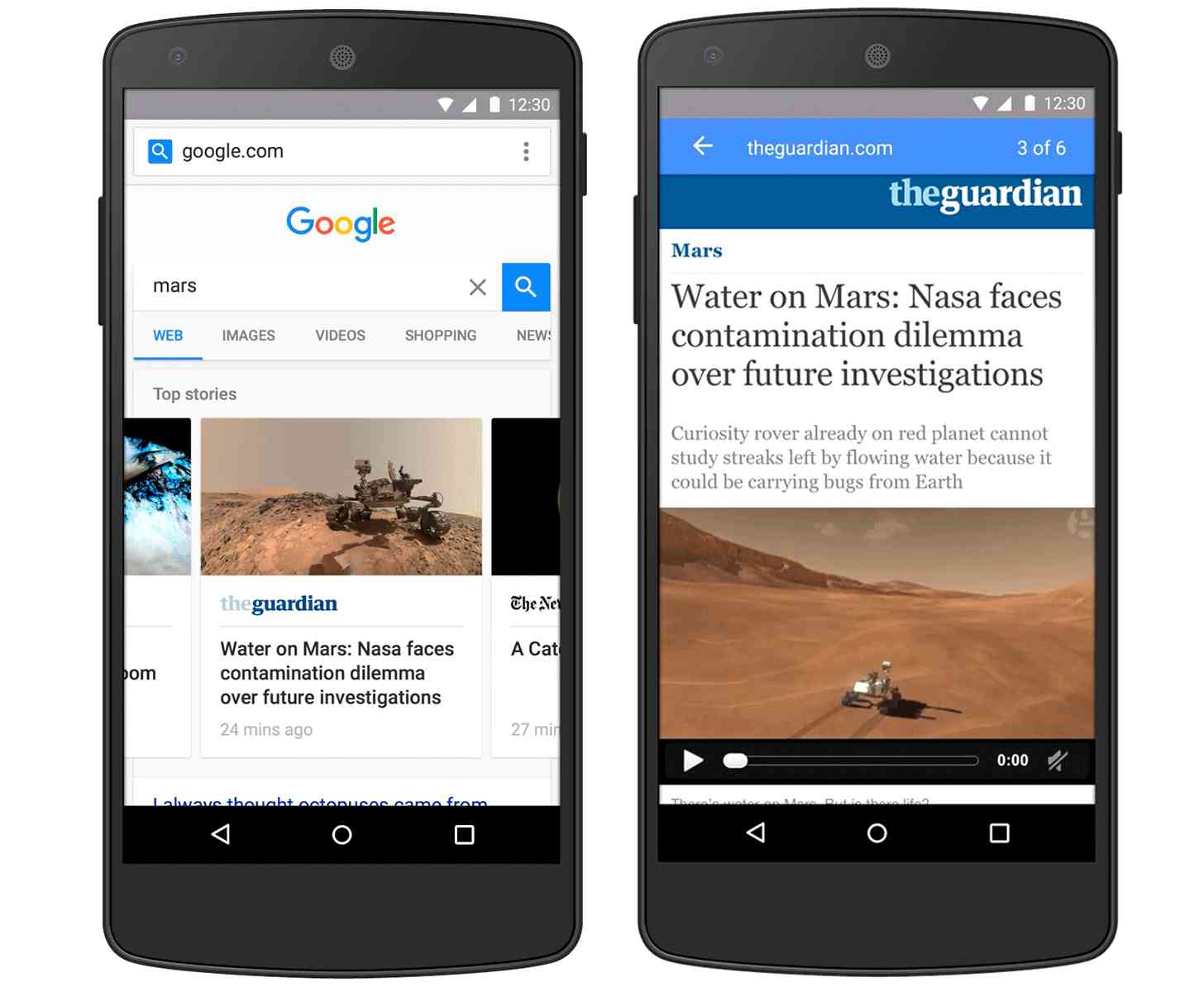
More and more people are using their mobile devices to access the Internet, rather than relying on their desktops or laptops. But the enemy when it comes to mobile access is that sometimes, websites take too long to load (especially if you have a poor connection) and so publishers and advertisers lose eyeballs when impatient people abandon viewing the site. Google is now introducing the Accelerated Mobile Pages Project in order to solve this problem, both for publishers and consumers.
Basically, what the project aims for is to “dramatically improve the performance of the mobile web.” It allows sites to use rich content like videos, graphics, animation without it taking forever to load and to also be able to use all these things across multiple mobile platforms like phones, tablets, etc without sacrificing anything.
They will be using a new open source framework called AMP HTML wherein publishers can build “light-weight web pages”. For the initial run of this project, around 30 publishers, including Twitter,Pinterest, WordPress.com, Chartbeat, Parse.ly, Adobe Analytics and LinkedIn, have joined to test-run this project and integrate AMP HTML into their mobile sites. Aside from rich content, they publishers will also be able to apply ads and analytics for monetization of course. The good thing about the Accelerated Mobile Pages Project is that it is open source, and so they can rely on shared components and focus on creating content.
Google is also implementing “a new approach to caching” so that publishers will be able to distribute their content through a high performance global caching. Advertisers will also be able to retain their ad networks as they use AMP HTML. The initial technical specifications are now available through GitHub.
SOURCE: Google










We are planning to get every project (That we develop for our clients) accredited. How as a agency we can do it? Can you share details?